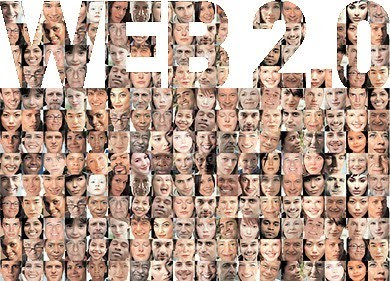Life, consulting and reading hazards and Nassim Nicholas Taleb

As I'm currently reading Things that gain from disorder [Taleb's last book], I couldn't resist to write one or two reflections about the book. First and foremost, it's a nice and pleasant reading. Taleb has a concise style, avoiding boring scientific jargon (in a sense that this book is not a scientific article or academic demonstration) and he jumps quite straight-forward to the concept he wants to explain. But that being said, I'm always surprised how management guru's are referring to philosophy and to Socratic texts to support their views. Take Prusak for example, on knowledge management. He was referring to Aristotle and Plato. Taleb is here citing Seneca and Lao-Tseu as examples, being professional philosophers. But what is mind-boggling with reading Seneca or Confucianism in their historic contexts and then highlight what's still valid in our society? Dominating some passions, mitigating risks in personal life and in business, being able to prepare ...



